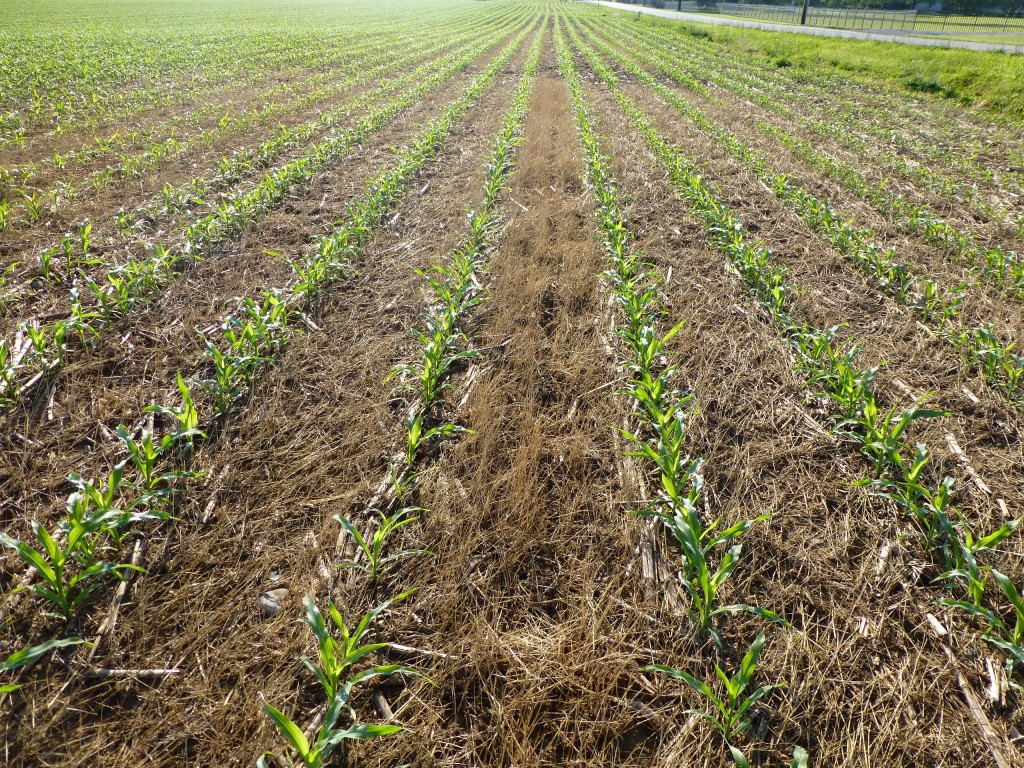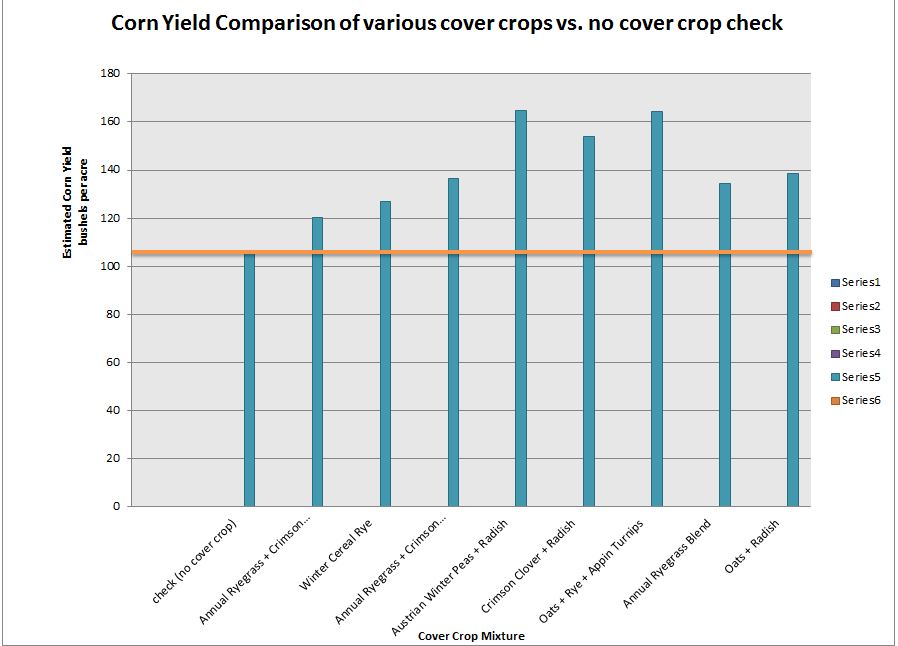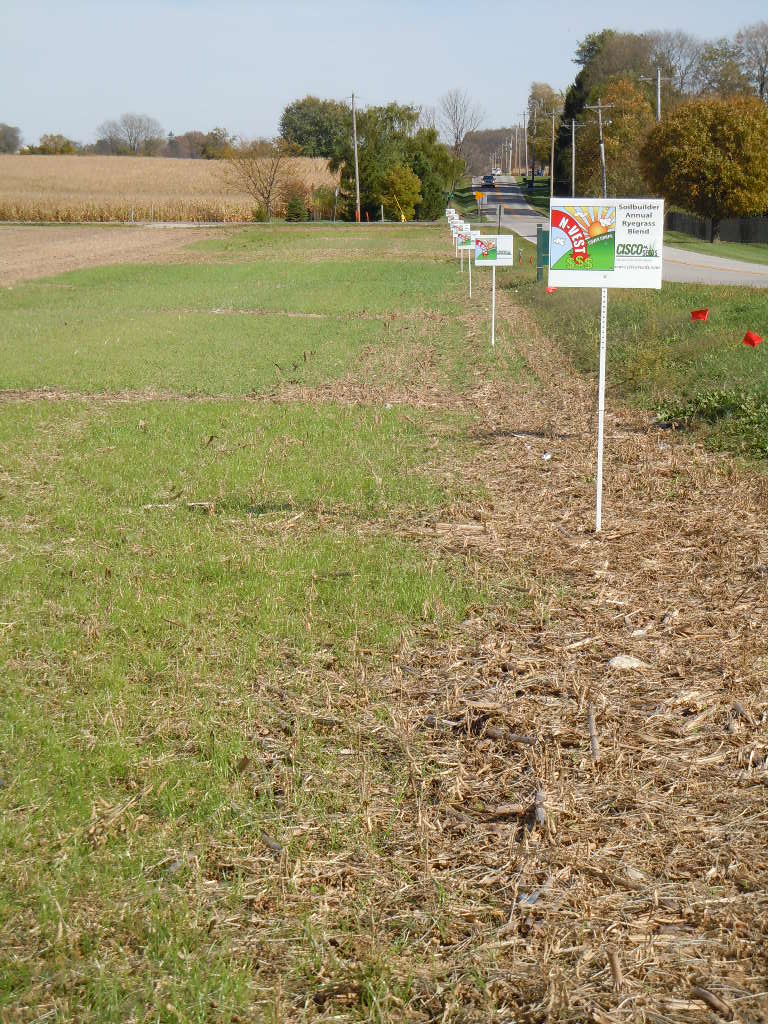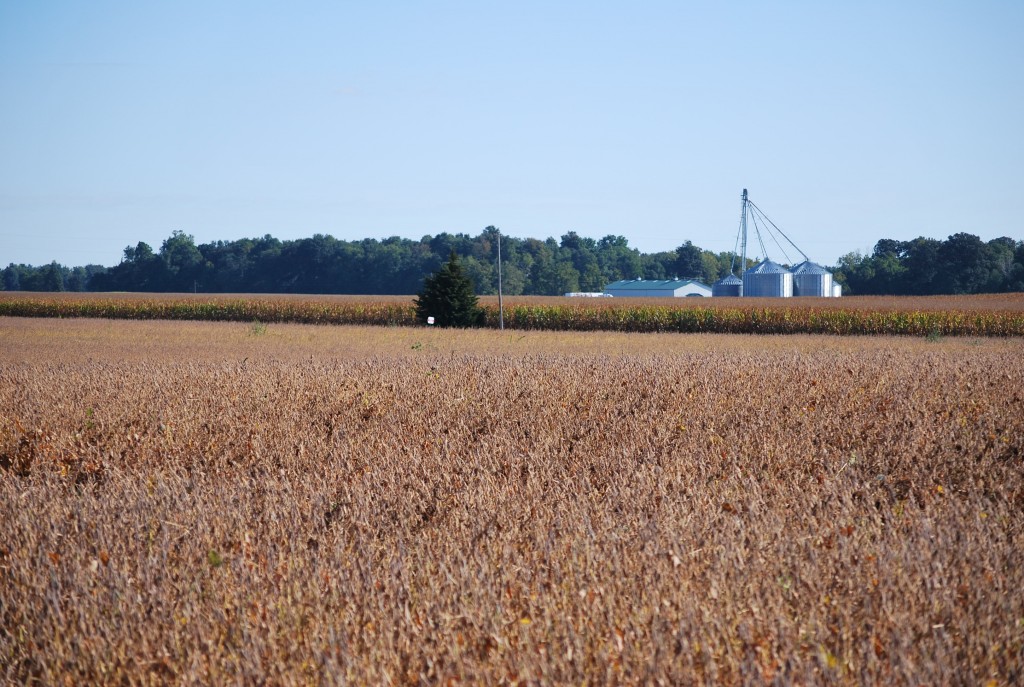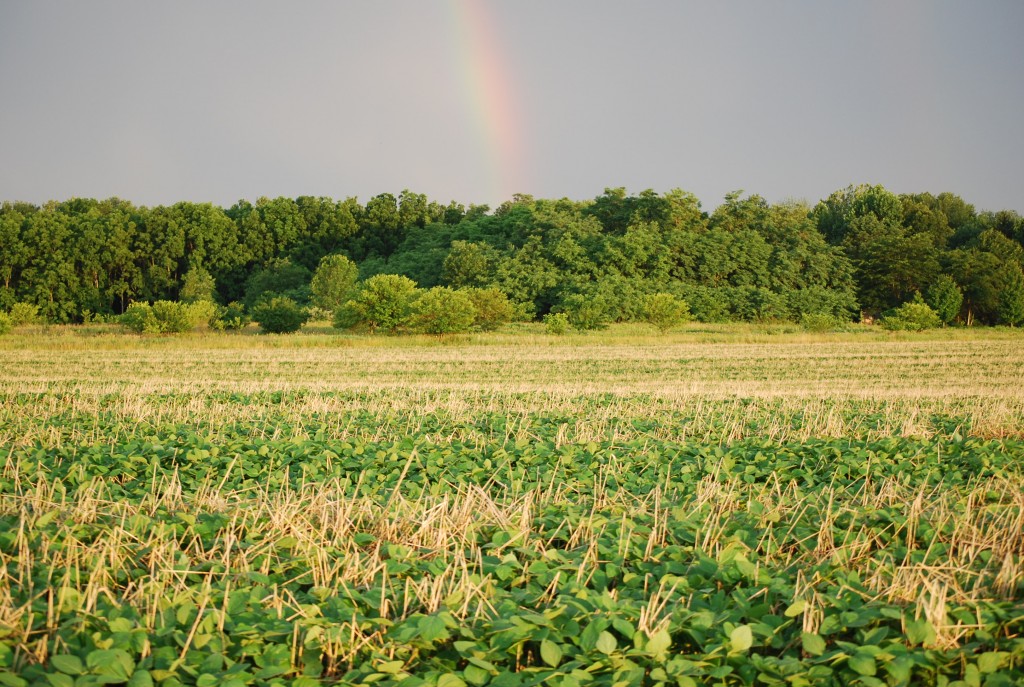Results of Farmer Cover Crop Survey Conducted by SARE and CTIC
Folks, If you want to see how cover crops provide a very good ROI across a wide geographic region then this report is for you! Thanks to Rob Meyers from SARE and the folks at CTIC for conducting and publishing this survey. It helps me to see that the results on our home farm (and […]
Results of Farmer Cover Crop Survey Conducted by SARE and CTIC Read More »
